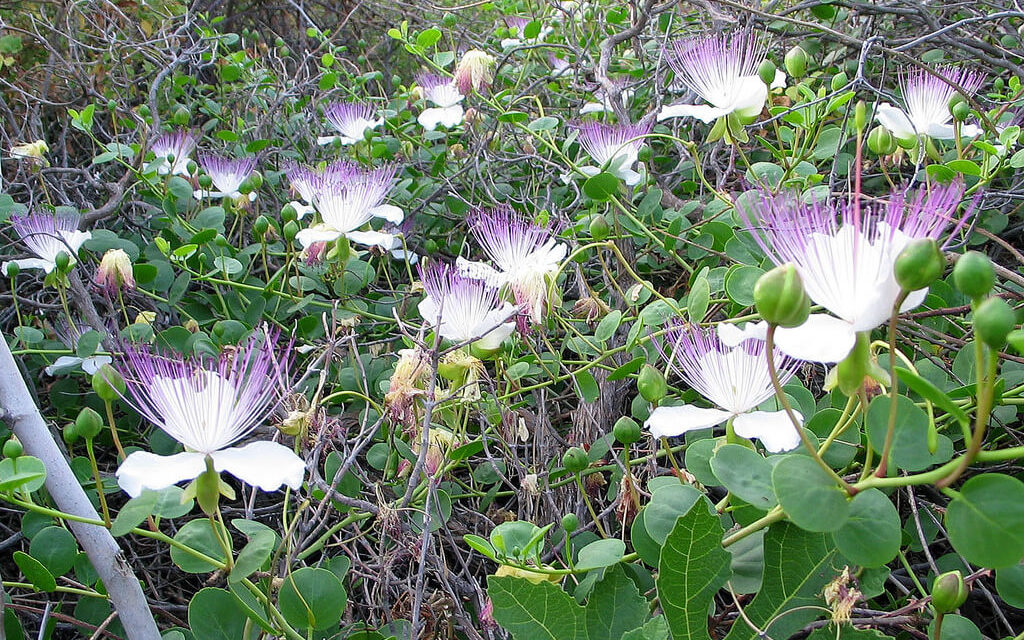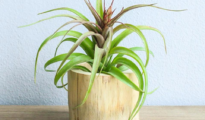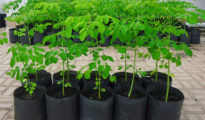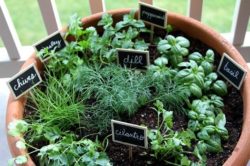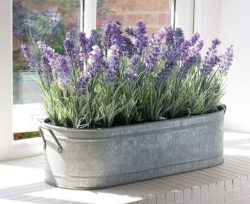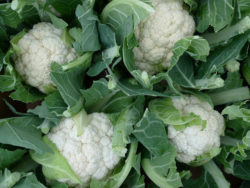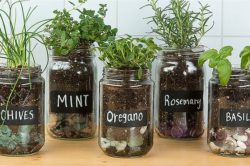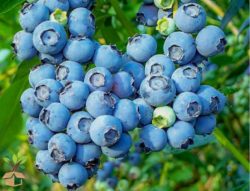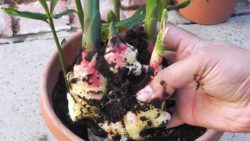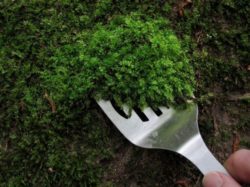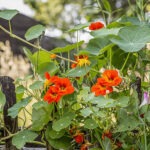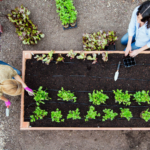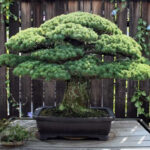Capers are a stable in many parts of the world, especially in African, Indian, and European cuisines. But did you know that capers are actually unopened flower buds found on the caper bush? You may have never wondered where capers come from exactly, but if you ever have, you're in luck! Today we'll teach you a little about the caper bush as well as how to grow capers in the comfort of your own home, errr…garden!
How to Grow Capers in Your Garden
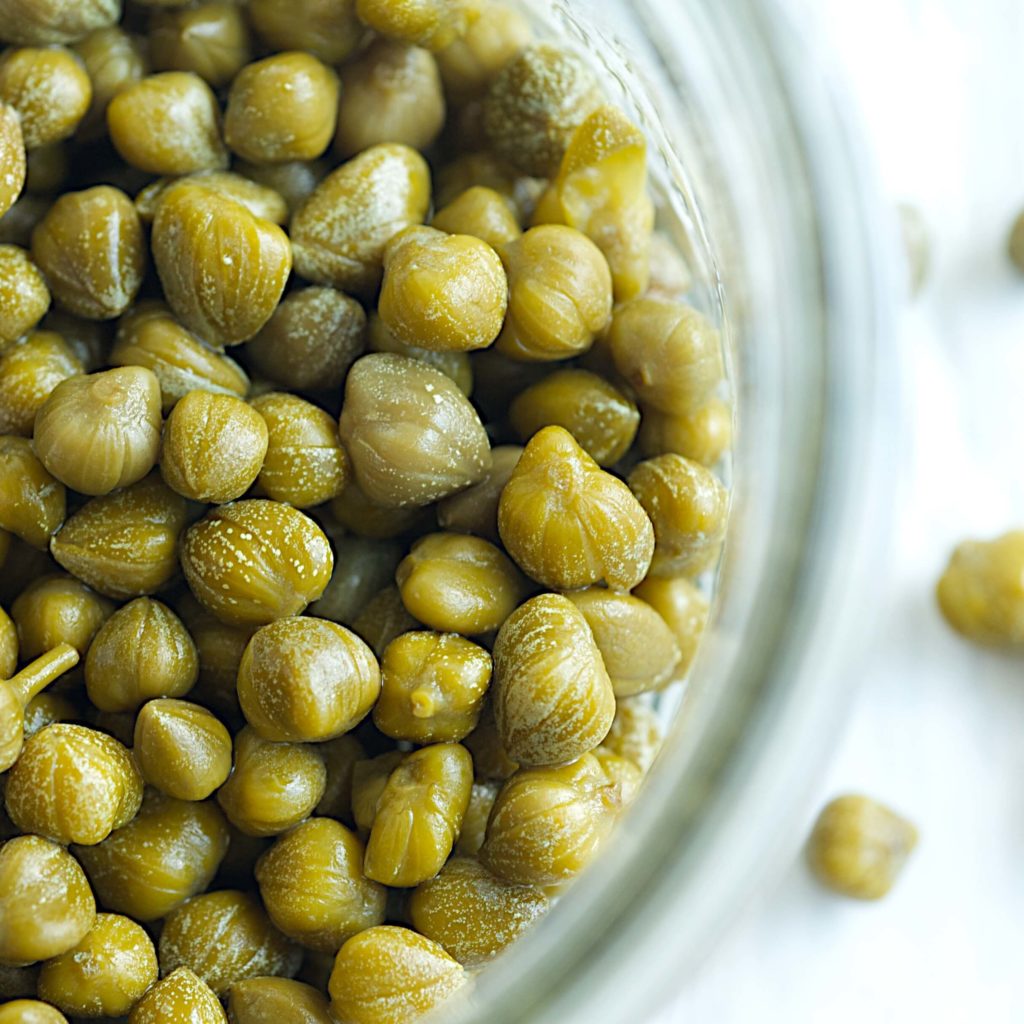
Caper bushes usually grow in Mediterranean regions, much like olives do! They prefer dry climates and stony soil and grow much like blackberries do in North America – in viney brambles!
The capers that we eat are actually the buds of a shrub-like perennial that grows from 3 to 5 feet in height.
Planting Capers:
- First off, you'll need to locate caper seeds. This may be a bit hard, especially if you don't live in the Mediterranean area. Of course at this point, the Internet will be your best friend!
- Once you've located caper seeds, grow them in a large pot with a base of coarse rock and crumbled brick.
- Don't overwater your caper bush – caper plants' foliage is a natural water conservator.
- If you happen to get dry seeds, soak them in warm water for 1 day, wrap them in a damp towel, and seal them in a jar in the refrigerator for 2-3 months. After the months have passed, re-soak the seeds overnight and plant them at a depth of 1 cm in well drained soil.
Caring for Capers:
- Place your caper bush in full sunlight, in a dry, arid environment.
- The plant is very drought tolerant, so make sure not to over-water as it prefers dryness.
Harvesting Capers:
Capers can be harvested at five different stages and size DOES matter. The capers that we consume are harvested at the immature stage. In Italy for example, where capers are highly prized, capers are graded from 7-16, with the nonpareils type being the most coveted. What this means is that the smaller the caper, the higher the graded and the better taste. Unfortunately, capers are harvested by hand and therefore it is a tedious job, but the smaller they are, the more delicious they will be!
Happy Planting!


